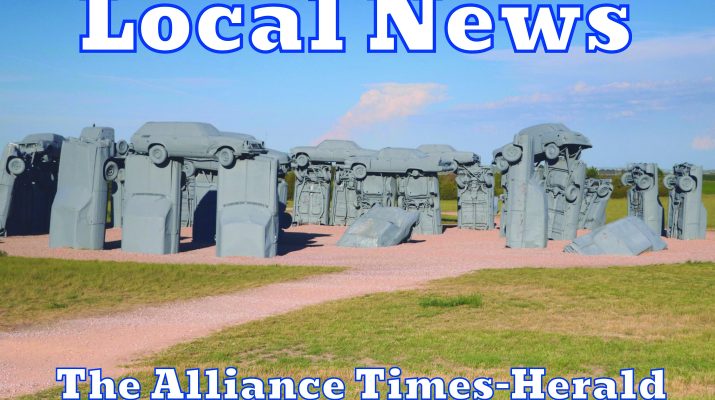By Dorothy Carnine
Secretary
Point of Rock Chapter, NSDAR, met for a dessert meeting at the Sallows Military Museum at 1pm with 9 members and guests present. Still lots of snow on the ground. Hostess Anne Adam served a delicious strawberry dessert for our Valentines Month meeting.
Our meeting was called to order by Regent Audrey Hoerler, leading us in the Opening Ritual and Pledge of Allegiance.
President General’s Message: At the chapter level, please consider what we may do to honor our essay contest winners, DAR Good Citizens, or other member so the community. Many states will honor course graduates at State Conferences.
Indian Minutes: The Potlatch- One of the most fascinating and contradictory aspects of the northwest coast Native American culture was the Potlatch, from the Nootka word “give.” The Potlatch was a great feasts which a family chief and his clan expended a stockpile of goods that had been accumulated for months (sometimes) years to stage a large feast, often as part of a wedding or coming-of-age ceremony, for invited guests from another clan or village. The result of the potlatch sometimes sunk a chief into a period of indigence. For a culture in which chiefs measured status buy the accumulation of wealth, this seems incongruous behavior. Yet there was a catch. The guest chief and his clan would be expected to repay their host, with interest, in the form of a even larger feast with more gifts at some time in the future.
National Defense Report: Thomas Paine’s “Common Sense” helped inspire the American Revolution. Even after the armed hostilities broke out between the American colonists and British forces in 1775, many prominent colonists seemed reluctant to consider the idea of actually breaking away from Britain, and instead insisted that they were still its loyal subjects, even as they resisted what they saw as its tyrannical laws and unfair taxation. But a single 47 page pamphlet did a lot to quickly change that and shift American sentiment toward independence. Author Jack Fructman attributed its success to two things: First, it was the first published piece advocating separation from the British Empire. Second, there were pirated copies of the 500,000 original copies circulating. It was often read aloud, which helped spread its popularity and notoriety. John Adams wrote to his wife in April 1776:”Common Sense, like a ray of revelation, has come in seasonably to clear our doubts, and fix our choice.”
Thomas Jefferson, wrote that Common Sense “swept through the colonies like a firestorm, destroying any final vestige of loyalty to the British crown.” The Continental Congress instructed each colony to draft new state constitutions, an act that set the colonies clearly on the path to declaring independence.
250 years since the publication of Common Sense it continues to be read and the ideas in it….particularly the idea of American exceptionalism and religious freedom….continue to resonate among new generations of Americans.
Secretary’s report was accepted as read for December and January
For our program Anne had us tell stories of personal Valentine memories. They touched our hearts.
We thanked Anne for being our hostess. Our next meeting will be where Lynne Messersmith chooses.
Meeting adjourned at 2:30 p.m.

